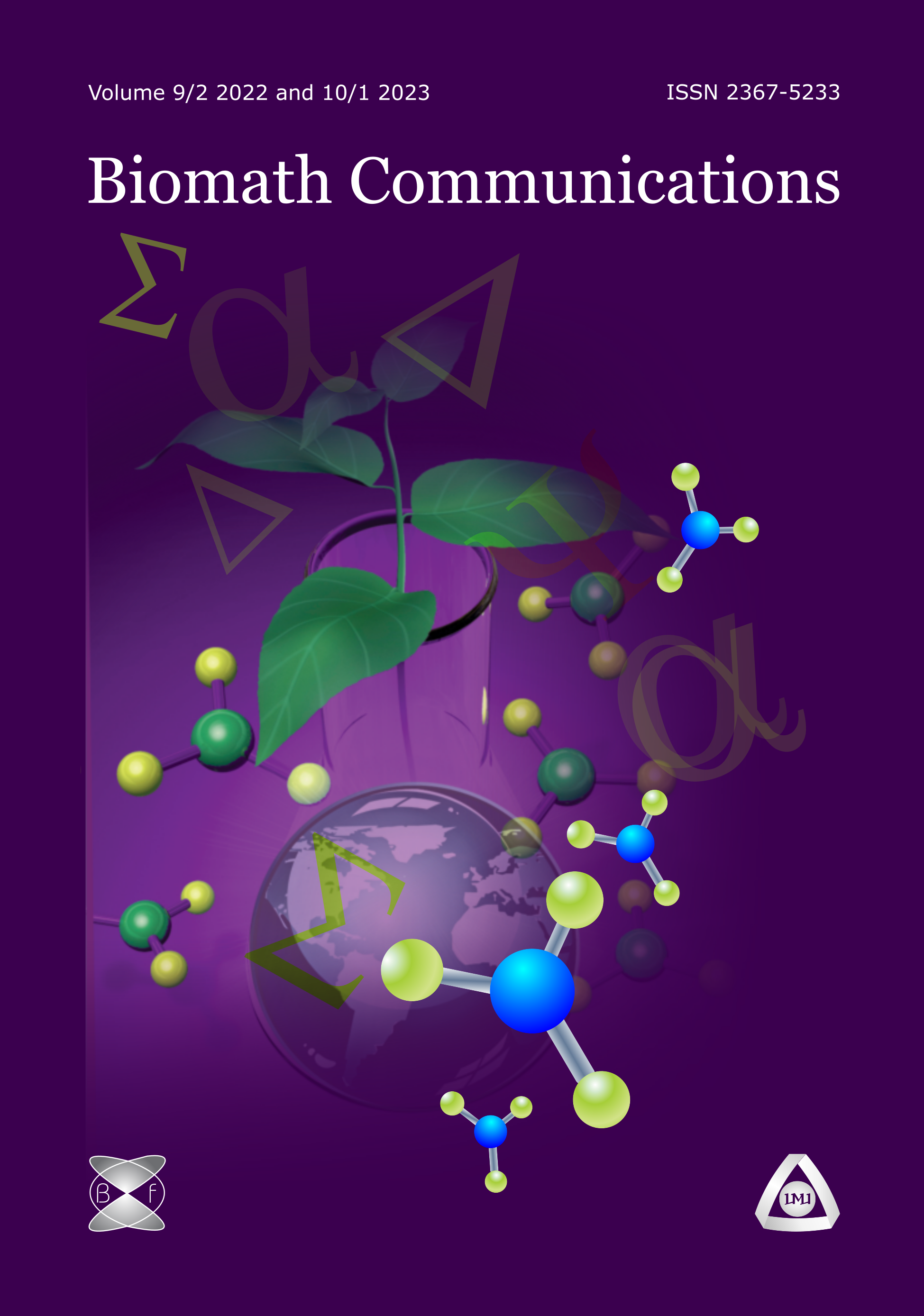Modelling Bacterial Quorum Sensing and Effects of Nutrient Availability
DOI:
https://doi.org/10.11145/484Abstract
Many bacteria developed a possibility to recognise aspects of their environment or to communicate with each other by chemical signals. The so-called Quorum sensing (QS) is a special case for such a communication, a regulatory system for gene expression.Such an extracellular signalling via small diffusible compounds (called autoinducers) is known for an increasing number of bacterial species, including pathogens and beneficials. Briefly, bacteria release autoinducers and simultaneously regulate target gene expression dependent on the environmental autoinducer concentration. Regulated behaviour often induces critical life style switches, thus mechanistic understanding of autoinducer regulation and its ecological significance is of high relevance for the development of treatment strategies. Typical bacterial species using QS are Vibrio fischeri (a marine, luminescent bacterium) and Pseudomonas aeruginosa (a pathogenic bacterium). ...Downloads
Published
Issue
Section
License
The journal Biomath Communications is an open access journal. All published articles are immeditely available online and the respective DOI link activated. All articles can be access for free and no reader registration of any sort is required. No fees are charged to authors for article submission or processing. Online publications are funded through volunteer work, donations and grants.
Authors who publish with this journal agree to the following terms:
- Authors retain copyright and grant the journal right of first publication with the work simultaneously licensed under a Creative Commons Attribution License 4.0 that allows others to share the work with an acknowledgement of the work's authorship and initial publication in this journal.
- Authors are able to enter into separate, additional contractual arrangements for the non-exclusive distribution of the journal's published version of the work (e.g., post it to an institutional repository or publish it in a book), with an acknowledgement of its initial publication in this journal.
- Authors are permitted and encouraged to post their work online (e.g., in institutional repositories or on their website) prior to and during the submission process, as it can lead to productive exchanges, as well as earlier and greater citation of published work (See The Effect of Open Access).

